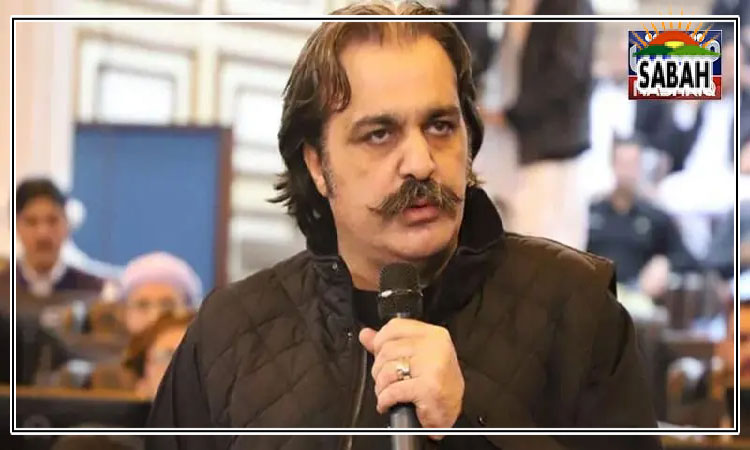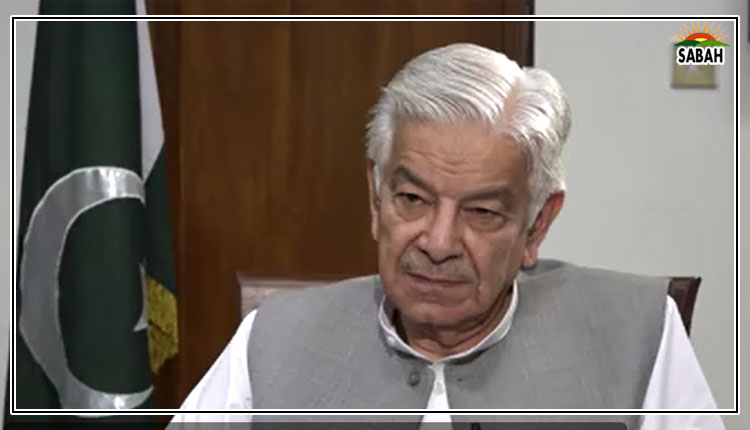The 22nd and 23rd amendments…Dr Naazir Mahmood
In the third year of its rule in 2016, the PML-N government decided to further streamline the procedure for the appointment, qualifications and other prerequisites for the chief election commissioner (CEC) and four members of the Election Commission of Pakistan (ECP) through the 22nd Amendment to the constitution of Pakistan.
This amendment bill sought to alter the eligibility criteria for appointments to the ECP as by then only judges of the Supreme Court or high courts were eligible to be CECs or members of the commission. After this amendment, in addition to retired judges, retired senior bureaucrats and technocrats also became eligible for appointments to the ECP. The maximum age for appointment as the chief election commissioner was now 68 years, while for members it was 65 years. It is worth mentioning that since 1969 all chief election commissioners of Pakistan had been ex-judges from Justice Abdus Sattar to Justice SM Raza Khan.
As an aside, Justice Abdus Sattar was a Bengali who supervised the first general elections in Pakistan in 1970. He later became vice-president and president of Bangladesh. The 22nd Amendment was perhaps the result of some reflection after reviewing the performance of Justice Fakhruddin G Ibrahim whom a parliamentary panel had appointed the CEC in 2012 at the ripe age of 84. When he supervised the general elections in 2013, he was already 85 and looked visibly exhausted for the gigantic task at hand though of course he was one of the countrys most respected jurists with impeccable credentials in his personal and professional capacities.
PPP, PTI and other political parties expressed their reservations after the May 2013 general elections and said the ECP had failed to deliver fair and free elections. True to his credentials, Justice Fakhruddin G Ibrahim resigned in July 2013, after retaining that office just for a year, two months after the May 2013 elections. The next CEC was also a judge as there was no provision for a non-judge to assume this office. Justice (r) SM Raza Khan who was also nearly 70 years old became the next CEC, but in 2016 the 22nd Amendment expanded the scope to include other bureaucrats too for consideration.
Another important change related to the continuity of the commission was that now instead of all four members retiring together, two of the members will retire every two and a half years. The commission will draw lots for the first rotation after two and a half years. Other alterations empowered the ECP for the delimitation of constituencies and preparations of electoral rolls for elections to local governments. The amendment came into force in June 2016, but the incumbent CEC Justice SM Raza Khan continued in his office and supervised the 2018 elections.
The poor performance of the Election Commission in the 2018 elections resulted in a highly controversial electoral exercise in which the Results Transmission System (RTS) mysteriously failed. It has been said that invisible hands played their role and made sure that Imran Khan won the election and his PTI formed the new government. This unsatisfactory performance proved the necessity of the 22nd Amendment to allow bureaucrats, serving judges, and technocrats to become members of the commission, of course in addition to retired judges. The 22nd Amendment enabled Sikandar Sultan Raja a retired bureaucrat with excellent credentials to become the first chief election commissioner in 50 years with no judicial background.
But even the 22nd Amendment failed to forestall a leader such as Imran Khan to cast doubts on the impartiality of the ECP. It is so unfortunate that even a series of amendments that parliament passed remained at the mercy of either the superior judiciary or persons like Imran Khan whose sole objective was to not take into account any constitution or law if it did not contribute to his assumption of power. If recent history is any guide, anti-democratic forces both political and in the civil and military bureaucracy will continue to play their role even at the cost of the countrys democracy itself.
In 2017, parliament extended the period of speedy trial military courts to deal with terrorism for another two years through the 23rd Amendment. Parliament had created the military courts for the trial of terrorists in 2015 with a sunset clause of two years. The period of two years expired in January 2017, requiring the 23th Amendment to reestablish the military courts for another two years till January 2019. At the end of this period, the amendment expired automatically. The government claimed that due to extraordinary circumstances related to terrorism and waging of war or insurrection against the state, this was imperative.
The Supreme Court Bar Association (SCBA) opposed the reinstatement of military courts under the 23rd Amendment and the then SCBA president Rasheed Rizvi formally challenged the amendment in the Supreme Court. The petition stated that the amendment effectively abrogated and took away fundamental rights of the people of Pakistan that Chapter One of Part Two of the constitution guarantees.
After the enforcement of the 21st Amendment, a total of 15 petitions had challenged it and the apex court had granted a stay in April 2015 against six death penalties courts martial had awarded. After five months, the Supreme Court in August 2015 by a split judgment of 11 to six had approved the setting up of nine special courts headed by military officers to try militants. The court had also held that the powers granted to military courts were a temporary measure and the stay against court martial stood vacated.
Justice Sheikh Azmat Saeed authored the main judgment and seven other judges had concurred whereas Chief Justice Nasirul Mulk wrote a separate judgment that Justice Iqbal Hameed endorsed with additional notes by Justices Saqib Nisar and Umar Ata Bandial. The six judges who delivered dissenting judgments were: Justices Jawwad Khawaja, Asif Khosa, Ejaz Afzal, Ijaz Ahmed, Dost Muhammad, and Qazi Faez Isa. Now through the 23rd Amendment in 2017, that temporary measure had a new lease of life for another two years, and put the rationale of the measure under question.
One of the major objections raised against the 23rd Amendment was that the proceedings of military courts were not in the public domain and that there was not sufficient information about their workings.
In October 2018, the Peshawar High Court (PHC) in a single judgment overturned some 70 convictions including death sentences that three military courts had awarded in Khyber Pakhtunkhwa for lack of credible evidence, saying that convictions suffered from malice of law and facts. Finally, in 2019, the 23rd Amendment and the military courts lapsed.
Courtesy The News












